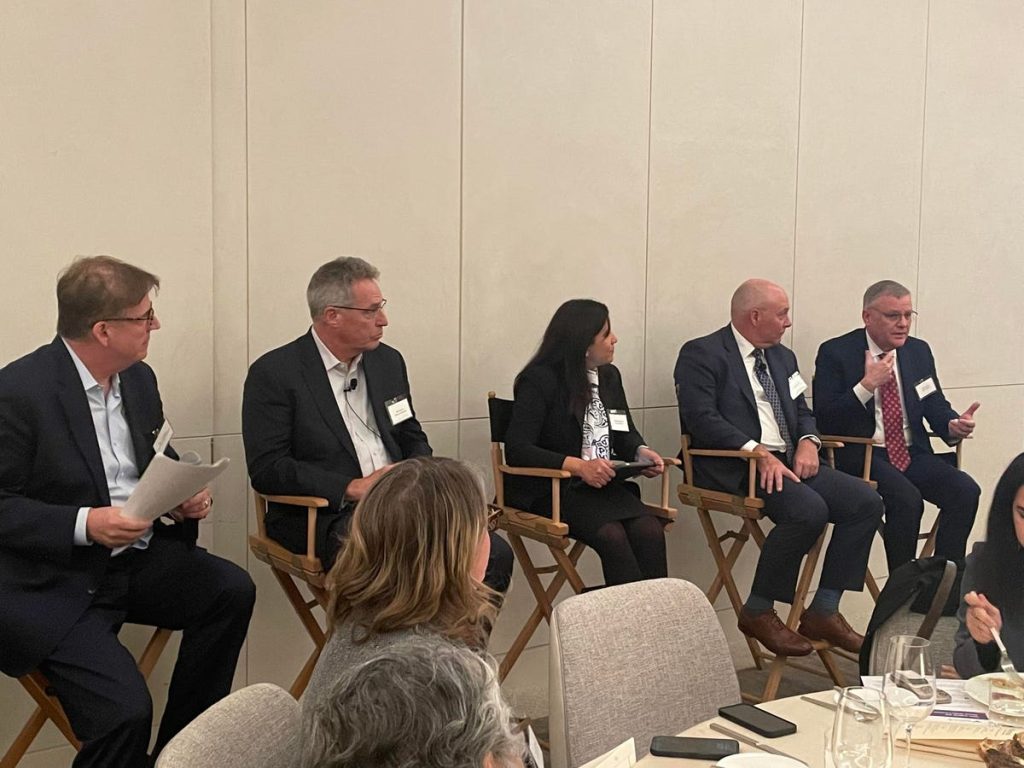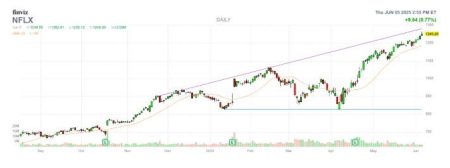A Cautiously Optimistic Outlook for 2025: Navigating a Complex Landscape
Institutional investors approach 2025 with a sense of cautious optimism, buoyed by positive economic indicators and the prospect of continued market growth. A recent survey conducted by Natixis Investment Managers reveals a nuanced outlook, where optimism is tempered by a keen awareness of potential risks. The survey, which polled 500 institutional investors globally managing a combined $28.3 trillion in assets, highlights a shift in sentiment from the previous year, with a majority of U.S. investors now believing a recession is unlikely. This optimism stems largely from the Federal Reserve’s perceived success in engineering a "soft landing" for the U.S. economy, fostering confidence in both equity and bond markets. However, investors remain vigilant, closely monitoring persistent concerns such as inflation, elevated valuations, and the ever-present shadow of geopolitical risks. The prevailing mood is one of measured enthusiasm, recognizing the potential for strong returns while acknowledging the need to navigate a complex and potentially volatile landscape.
Geopolitical Tensions: A Dominant Concern in a Shifting World Order
Geopolitical risks loom large on the horizon, representing a primary concern for institutional investors worldwide. While U.S. investors are particularly focused on the potential escalation of existing conflicts, such as the wars in Ukraine and Gaza, their global counterparts express greater anxiety over the escalating tensions between the U.S. and China. The protracted conflict in Ukraine weighs heavily on the minds of U.S. investors, with a majority expecting the war to continue into 2025. The potential for the Gaza conflict to spill over into neighboring regions is another significant worry. Adding to these concerns is the growing alliance between Russia, North Korea, and Iran, perceived as a destabilizing force in the global economic and political landscape. Beyond traditional geopolitical risks, investors are also casting a wary eye on emerging frontiers, such as space and the Arctic, where potential disputes could arise. The rapid advancement of technology, particularly artificial intelligence (AI), presents both opportunities and risks, with investors recognizing its potential to reshape the geopolitical landscape while also unlocking new investment avenues.
Economic Outlook: Balancing Growth Expectations with Persistent Risks
Despite the geopolitical headwinds, the overall economic outlook for 2025 remains generally positive. U.S. institutional investors express bullishness toward both equity and bond markets, anticipating further rate cuts by the Federal Reserve. This optimism extends across various sectors, with expectations of widespread growth, particularly in financials, energy, healthcare, and information technology. However, the consumer discretionary sector is viewed with more caution, reflecting potential vulnerabilities in consumer spending. The bond market also enjoys a positive outlook, with U.S. investors anticipating low default rates despite global concerns. However, a strong emphasis on active management in fixed income underscores the need for careful navigation in this space. The prevailing sentiment in the economic outlook is one of cautious optimism, balancing the potential for growth with the recognition of persistent risks.
Valuation Concerns: A Looming Shadow over Market Optimism
While market sentiment is generally positive, concerns about valuations remain a persistent undercurrent. After an extended bull market, many institutional investors view current market valuations as a significant risk. This concern is particularly pronounced among U.S. investors, with a majority identifying valuations as a top portfolio risk for 2025. Inflation also remains a key concern, compounding anxieties about potential market corrections. The expectation of increased stock market volatility further underscores the need for careful risk management. In response to these concerns, investors are adjusting their strategies, with a notable shift towards increased risk-taking. This represents a departure from the previous year’s focus on de-risking portfolios, suggesting a growing appetite for higher returns despite the associated risks.
Active Management: A Preferred Approach in a Volatile Environment
The volatile market environment has reinforced the importance of active management. A significant majority of U.S. institutional investors reported that their actively managed investments outperformed benchmarks in the previous year, further strengthening their conviction in this approach. The belief that active investing will continue to outperform passive strategies in 2025 is widespread, reflecting a preference for more nuanced and adaptable investment strategies in the face of uncertainty. This emphasis on active management highlights the perceived need for expert navigation through the complexities of the current market landscape, where careful security selection and dynamic portfolio adjustments are seen as crucial for optimizing returns and mitigating risks.
Private Markets: An Attractive but Challenging Landscape
Private markets continue to hold significant allure for institutional investors, particularly in the U.S. Private equity and private debt remain attractive investment destinations, with a strong belief in their potential to outperform traditional asset classes. The growing interest in alternative investments is further evidenced by the expectation that portfolios with a significant allocation to alternatives will outperform the traditional 60/40 stock/bond portfolio. However, the private markets landscape presents its own set of challenges, including liquidity constraints and valuation complexities. Despite these challenges, the appeal of potentially higher returns and diversification benefits continues to draw institutional investors towards private market opportunities. As investors navigate 2025, they will likely seek to balance the allure of private markets with the need for careful due diligence and risk management.










